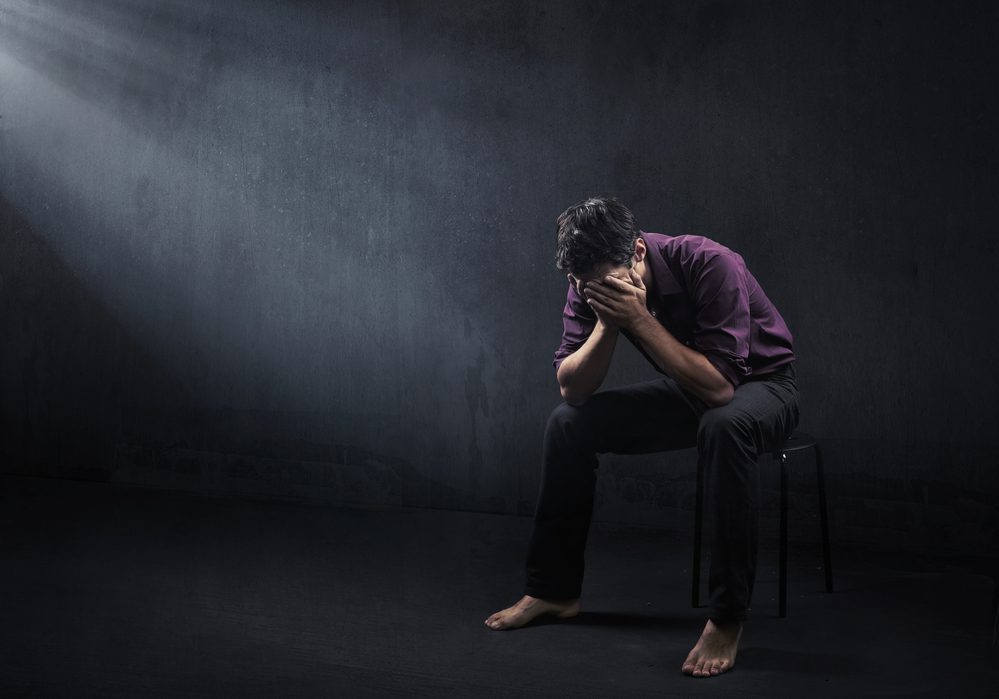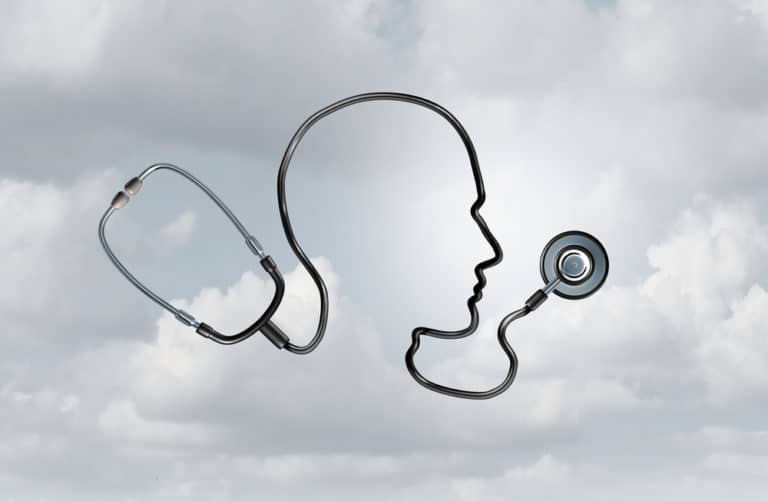Depression affects millions of people worldwide. It’s more than just feeling sad or having a bad day. Depression is a serious mood disorder that can impact daily life.
Common signs include feeling hopeless, losing interest in activities, and changes in sleep or appetite. People with depression may have trouble concentrating, feel worthless, or think about death or suicide. These symptoms often last for weeks or months.
Getting help is important. Treatments like therapy and medication can be very effective. Lifestyle changes such as exercise and social support also help many people manage depression. Talk to a doctor if you think you might be depressed.
Depression Signs and Symptoms
Depression can affect people in different ways. Common signs include feeling sad or hopeless for long periods. Some people lose interest in activities they used to enjoy.
Changes in sleep are typical. A person may sleep too much or have trouble falling asleep. Appetite and weight can also shift up or down.
Many people with depression feel tired all the time. They may move or speak more slowly than usual. Concentrating and making decisions often become difficult.
Physical symptoms can occur too. These may include headaches, stomach problems, or body aches that don’t have a clear cause.
Some key depression symptoms to watch for:
- Persistent sad, anxious, or “empty” mood
- Feelings of hopelessness or pessimism
- Irritability
- Loss of interest in hobbies and activities
- Decreased energy or fatigue
- Moving or talking more slowly
- Restlessness or trouble sitting still
- Difficulty concentrating, remembering, or making decisions
- Sleep problems (too much or too little)
- Appetite and/or weight changes
- Thoughts of death or suicide
Not everyone has all these symptoms. The number and severity can vary. If several last for more than two weeks, it’s important to talk to a doctor.
Causes Of Depression
Depression can stem from many sources. Experts believe it often results from a mix of factors.
Brain chemistry plays a key role. Imbalances in brain chemicals called neurotransmitters may contribute to depression symptoms.
Genetics can increase risk. People with family members who have depression are more likely to develop it themselves.
Trauma or stress can trigger depression. Major life changes, loss of a loved one, or abuse may lead to depressive episodes.
Medical conditions sometimes cause depression. Chronic pain, cancer, and thyroid problems are a few examples.
Hormonal changes can impact mood. This may occur during pregnancy, after childbirth, or during menopause.
Some medications have depression as a side effect. These include certain blood pressure drugs and steroids.
Substance use can also lead to depression. Alcohol and some recreational drugs may alter brain chemistry.
Social factors like isolation or relationship issues can contribute. Lacking a support system may increase depression risk.
Personality traits like low self-esteem or pessimism may make some people more prone to depression.
Risk Factors
Some people have a higher chance of getting depression than others. Certain things can increase this risk.
Family history: If your parents or siblings have depression, you may be more likely to develop it too.
Trauma or stress: Big life changes or difficult events can trigger depression in some people. This includes things like:
- Losing a loved one
- Going through a breakup
- Losing a job
- Moving to a new city
Medical issues: Some health problems are linked to higher depression rates. These include:
- Chronic pain
- Heart disease
- Cancer
- Thyroid problems
Brain chemistry: Imbalances in brain chemicals called neurotransmitters may play a role in depression.
Gender: Women are about twice as likely as men to be diagnosed with depression.
Age: Depression can happen at any age, but it often starts in the teens, 20s, or 30s.
Substance use: Alcohol and drug abuse are connected to higher depression rates.
Personality: People who are easily overwhelmed by stress or tend to worry a lot may be at higher risk.
Remember, having risk factors doesn’t mean you’ll definitely get depression. But knowing them can help you stay aware of your mental health.
Complications
Depression can lead to serious issues if left untreated. People with depression may face problems at work or school. They might struggle to keep up with tasks or attend regularly.
Relationships often suffer too. Depressed individuals may pull away from friends and family. This can cause loneliness and make symptoms worse.
Some people turn to alcohol or drugs to cope. This can lead to substance abuse problems on top of depression.
Physical health can also decline. Depression may cause:
• Weight changes
• Sleep issues
• Chronic pain
• Weakened immune system
In severe cases, depression raises the risk of self-harm or suicide. Getting help early is key to avoiding these complications.
Treatment can improve both mental and physical health. It may include therapy, medication, or lifestyle changes. With proper care, most people with depression can recover and avoid long-term problems.
Prevention
There are steps people can take to help prevent depression or reduce its impact:
• Exercise regularly
• Get enough sleep
• Eat a healthy diet
• Manage stress
• Build strong social connections
• Limit alcohol use
Therapy can also help prevent depression from returning. Cognitive behavioral therapy teaches coping skills to deal with negative thoughts.
Some people benefit from taking antidepressants to prevent depression from coming back. This is called maintenance treatment.
Learning to recognize early warning signs is important. Common signs include:
- Feeling sad or hopeless
- Losing interest in activities
- Changes in sleep or appetite
- Trouble concentrating
Talking to a doctor right away when these signs appear can help stop depression from getting worse.
Self-care is key for prevention. This means taking time to relax, pursuing hobbies, and doing enjoyable activities.
For those with a family history of depression, being aware of the increased risk is helpful. Taking preventive steps early on may reduce that risk.
Diagnosis And Treatment Of Depression
Getting the right diagnosis and treatment is key for managing depression. Doctors use specific criteria and may recommend various therapies.
Diagnosis
Doctors diagnose depression through interviews and questionnaires. They ask about symptoms, how long they’ve lasted, and how they affect daily life. Physical exams and blood tests can rule out other health issues.
Key signs include:
• Feeling sad or hopeless
• Loss of interest in activities
• Changes in sleep or appetite
• Trouble concentrating
• Thoughts of death or suicide
Symptoms must last at least 2 weeks for a depression diagnosis. The doctor will also check for other mental health conditions.
Treatments And Therapies
Depression treatment often involves therapy, medication, or both. Common therapies include:
• Cognitive behavioral therapy (CBT)
• Interpersonal therapy
• Psychodynamic therapy
Antidepressants can help balance brain chemicals. Types include:
• SSRIs (like fluoxetine)
• SNRIs (like venlafaxine)
• NDRIs (like bupropion)
It may take time to find the right treatment. Some people benefit from exercise, mindfulness, or support groups. Severe cases may need brain stimulation therapies.
The doctor will monitor progress and adjust treatment as needed. With proper care, people can see improvements in their symptoms.








